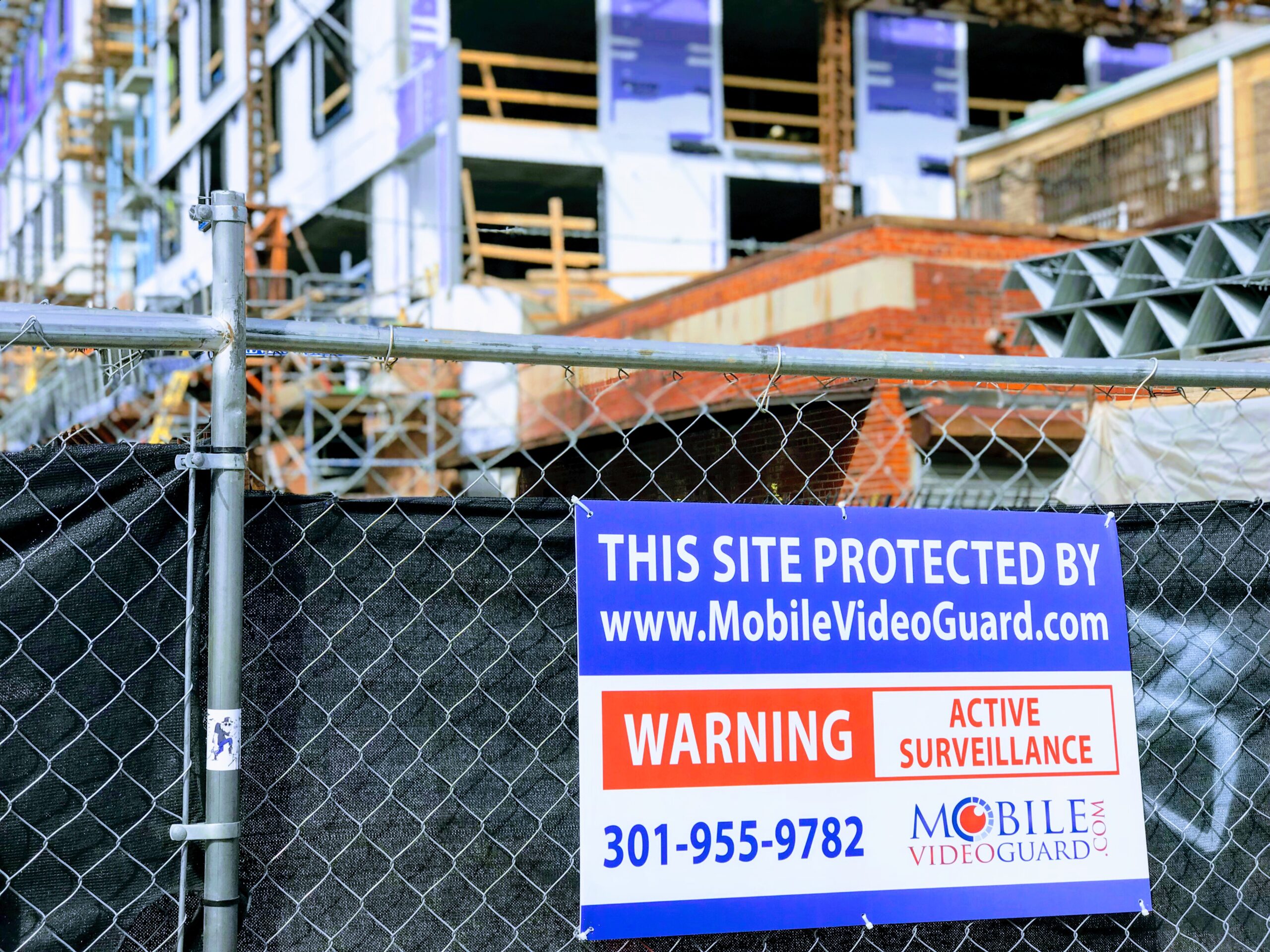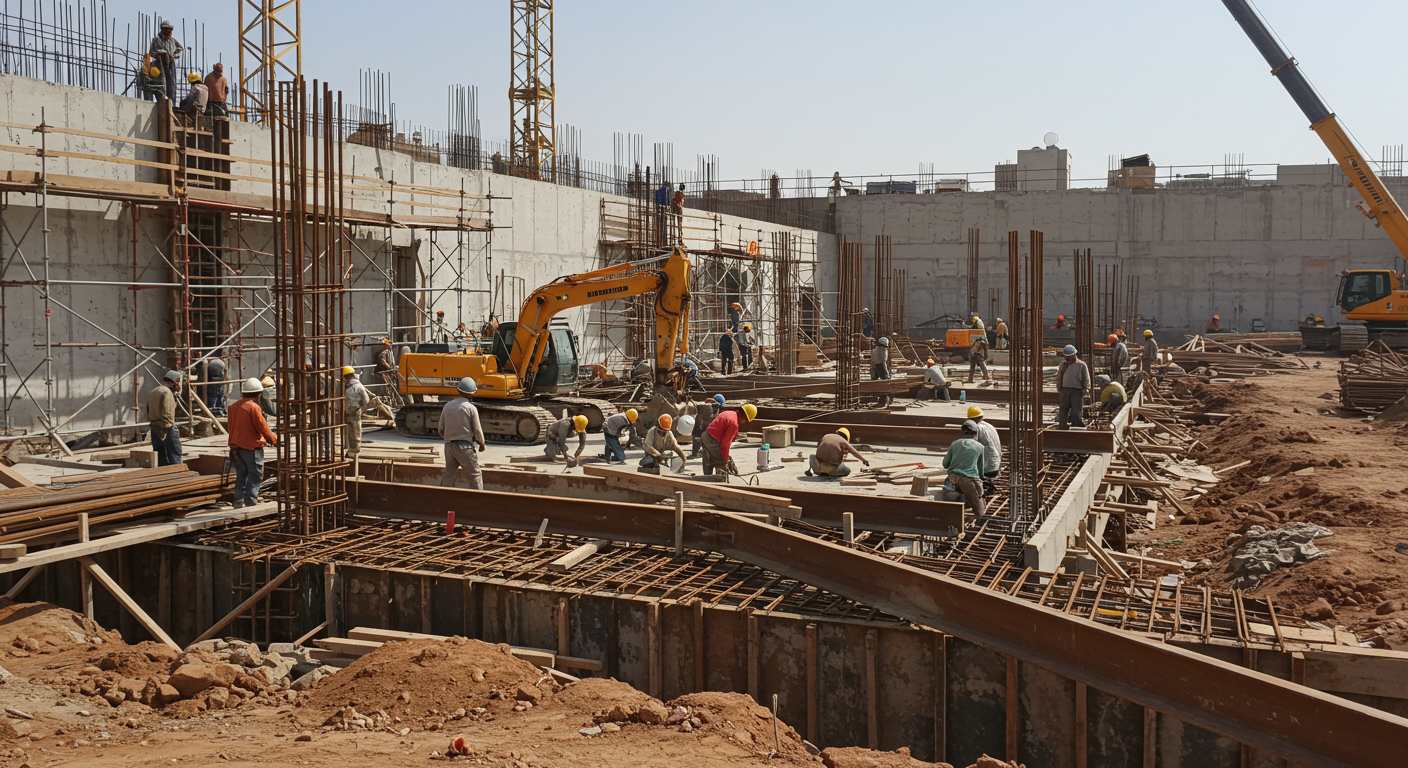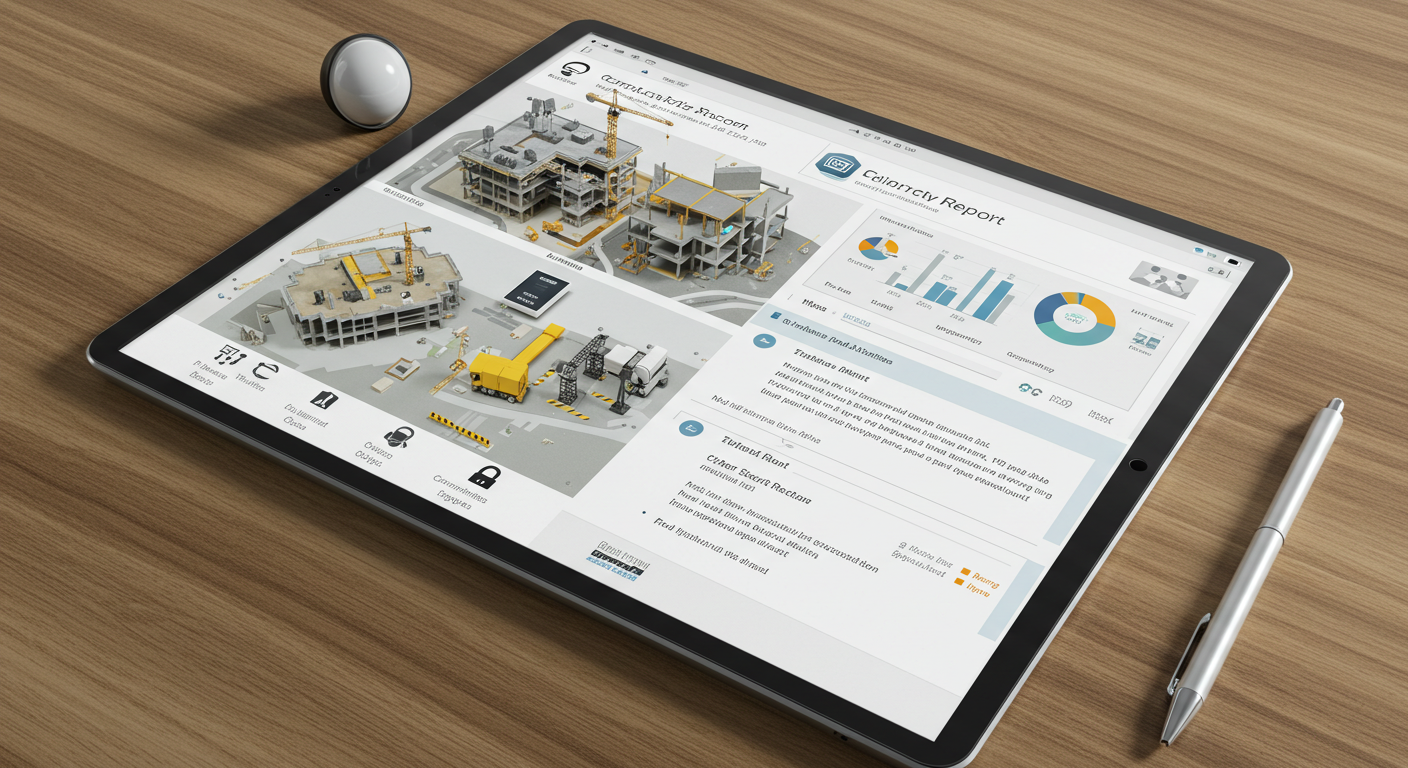Business owners are increasingly turning to closed circuit television (CCTV) asset protection security to protect their property, and that’s largely because many other security systems simply aren’t enough to deter today’s sophisticated criminals. As a business owner, asset protection and the overall security of your company is a top concern. This quick guide will help you better understand why a state-of-the-art CCTV system is imperative for modern asset protection.

CCTV Security
Security is important for many reasons, including to prevent external and internal threats. Chances are you’ve either seen or heard of CCTV systems, but may not have recognized them in practice. They are commonly used in public locations, like:
- Traffic lights, which frequently have cameras to monitor for traffic violations
- Banks, which have cameras at their drive-throughs and ATMs to monitor customers in the event of problems
- Stores, which have cameras to prevent crimes perpetrated by customers
- Warehouses, which have systems to prevent unauthorized access and protect stored materials
- Construction sites, which have cameras to prevent squatting or vandalism
- Neighborhoods, which use cameras to deter criminals — especially in areas with high crime rates
All these camera systems are in place for asset protection, regardless of whether those “assets” are human or financial. Each would see its bottom line (or safety) dwindle if it didn’t have those solutions in place to protect its products, customers, residents, and employees.
What Is CCTV and How Does It Work?
CCTV is essentially video surveillance through a TV system that is monitored but not publicly distributed. This means CCTV footage isn’t going to show on public or cable TV, but will be visible to the select personnel — full- or part-time security guards, security officers, or asset protection teams — engaged in monitoring it.
Here are a few facts about CCTV security:
- It requires strategically placing surveillance cameras around a work site that then communicate with private, “closed-circuit” video recorders and monitors.
- Older CCTV systems typically have older monitors that are likely to have lower resolution pictures and few (if any) interactive capabilities.
- Modern CCTV systems are high resolution and have interactive capabilities like touchscreens and speakers to speak directly to the work site.
- CCTV monitoring can be conducted by an asset protection manager with strong communication skills and knowledge of the client’s company policies.
Such systems are commonly used to help with physical security of company assets. They are integral to your business’s protective services because:
- CCTV helps law enforcement identify perpetrators after breaches, which may help you recoup or minimize related financial losses.
- It enables you to observe your employees’ behavior, preventing in-house theft.
- CCTV helps you with traffic monitoring, which means you can better maintain access control and discourage unauthorized access.
- It can help you protect your company’s data by monitoring select network hubs in your workspace, thereby helping to prevent or identify unauthorized usage.
Ultimately, CCTV solutions can be used to help with all types of asset protection and security services. Understanding how to set them up is crucial to making sure you’re employing a system that works best for your company.

3 Basics Steps of Asset Protection Security
Your primary responsibility as a business owner is to provide a safe environment, and CCTV is a powerful tool in helping you do just that. Asset protection involves protecting your company’s physical spaces, products, and personal information. The process involves identifying assets to be protected and developing policies to keep them safe.
1. Determine your assets. These include (but are not limited to):
- Employees and their workspaces
- Warehouses and expansive spaces that are difficult to monitor
- Machinery and other equipment
- Products, including those created by your company to be sold as well as those materials required to operate your company
- Infrastructure, like cables and other easy-to-steal items
- Entrances, exits, and parking lots
- Sites that will be unattended for portions of the day or night to prevent theft or vandalism
- Vacant areas that might become inhabited by squatters
- Data terminals that lead to important business information
2. Secure your business site:
- Make sure you’ve got strong locks and limited access.
- If your business involves outdoor work, you may need a fence to keep your site, products, and equipment safe.
- You also need to have security guards and officers to patrol the property and deter bad actors.
3. Add enhanced security measures:
- You may want to enlist the help of an asset protection team, which can help you develop a strong security system from the ground up. These security systems can be as simple or as complex as you want them to be.
- A proper security system should involve cameras that allow for monitoring through CCTV capabilities as well as the personnel to monitor them.
Monitoring of CCTV systems doesn’t have to occur on-site, and it does not have to be handled by your team. You can contract companies for remote monitoring, and that specialized team can then alert law enforcement (and you) should problems occur.
Benefits of Trusted Security Advisors
Businesses interested in installing security solutions on their properties should always consider working with a trusted security advisor to develop the most effective systems to meet their specific needs. Using well-planned security will mean you are better able to protect all your company’s assets and provide a safe business environment for your employees and customers, all of which might be best left to the professionals.
Asset protection security systems are a powerful first line of defense against losses. Contact Mobile Video Guard to discuss your asset protection security questions, or for help with any other security-related concerns you might have.



